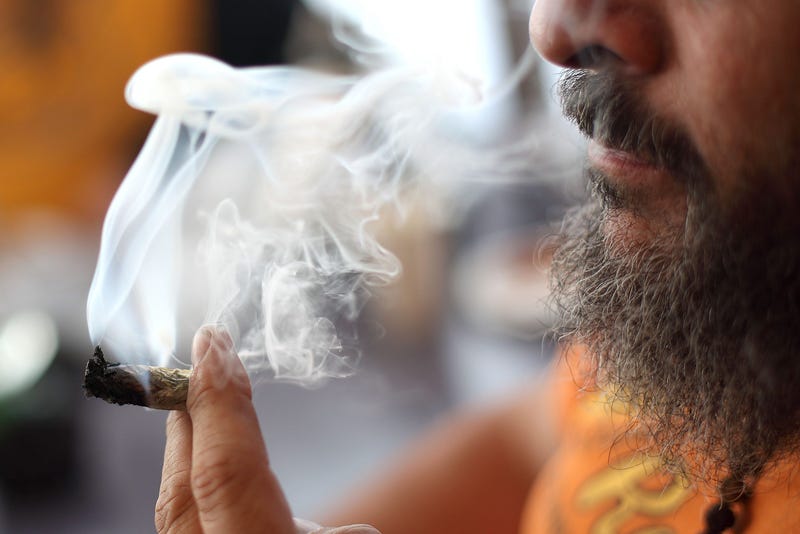
ALBANY (AP/WBEN) — New York lawmakers worked through hundreds of bills Thursday and into Friday as they sought to end their work for 2019.
The Democrat-led state Senate adjourned just before 1 a.m., with the state Assembly expected to follow later Friday morning.
Lawmakers moved Thursday to eliminate criminal penalties for public possession and use of marijuana after efforts to legalize pot stalled.
The measure would reduce low-level criminal charges for unlawful possession of marijuana to a violation, which comes with a fine similar to a parking ticket. The penalty would be $50 for possessing under one ounce of pot or $200 for between one and two ounces.
In an effort to address decades of racial disparities when it comes to drug arrests, the bill would also allow for the expungement of past convictions for possession of small amounts of marijuana.
Erie County District Attorney John Flynn says it will be the state, not his office, that will be tasked with expunging criminal records; however, he must now drop all pending charges against people that fall underneath the new statute.
"We have serious crimes out there," said Flynn. "Me, along with the mayor of Buffalo [Byron Brown], are trying to keep the city safe, trying to keep the streets safe from gun violence and from gangs, and marijuana is just not on the top of our list."
"If a person was in possession of a small amount of what is deemed as personal use marijuana, the person is issued an appearance ticket, and it's dealt with that way," said Rinaldo. "Marijuana enforcement, in and of itself for simple possession, has never been a high priority for the Buffalo Police Department."
So, from a local law enforcement perspective, not much is expected to change aside from dropping pending charges.
Sen. Jamaal Bailey, D-the Bronx and the bill's sponsor, said misdemeanor convictions for pot possession can affect a person for life, "limiting their access to housing, access to education, affecting their ability to obtain employment."
The bill emerged as a fallback option when legislation that would have legalized, regulated and taxed marijuana sales fizzled on Wednesday after lawmakers couldn't reach consensus on key details, such as how tax revenue would be used and how local communities would decide whether they want to host dispensaries.
Lawmakers who had hoped to vote on legalization said the decriminalization bill may be a prelude to full legalization next year.
"We will get there," said Sen. Diane Savino, D-Staten Island. "This is one step on the path. We will get there."
New York state began rolling back criminal penalties for marijuana in the 1970s, but current law allowed police to arrest people for having pot in public, a wrinkle that legalization advocates say has often been used to target young racial minorities.
Estimates are that nearly 600,000 New Yorkers could benefit from the expungement of past marijuana convictions.
Opposition to the change was led by Republican lawmakers who said they worried that decriminalizing marijuana would increase traffic crashes and drug use by minors.
Gov. Andrew Cuomo, a Democrat, proposed his own plan for legalization earlier this year. He said he'll sign the decriminalization bill, noting that he called for a similar step five years ago.
"It's not legalization," he said on public radio Wednesday. "But it is decriminalization and it's a major, major accomplishment."
